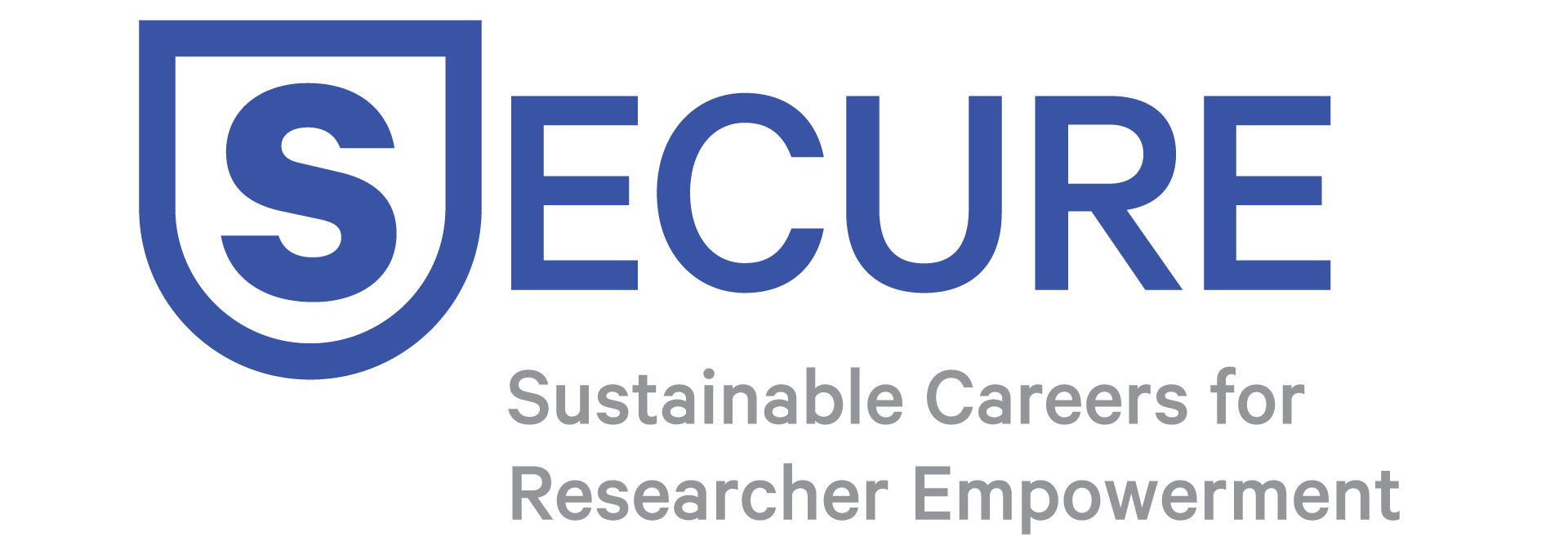One of the most urgent needs in the European research sector is developing clear guidelines for improving the status of researchers and improving research career paths. The 4th pillar that is in the proposal for updating The European Charter for Researchers from 2005 relates to research talent development by exploring the following issues:
1. Valuing Diverse Research Careers
Employers and funders must acknowledge the diverse career paths of researchers, encompassing various forms of mobility and functions beyond traditional research. That includes international, sectoral, institutional, and interdisciplinary mobility, as well as virtual engagement. Quality assessment should prioritize talent and diversity, emphasizing responsible metric use and recognizing diverse contributions, impacts, and practices. Employers should inform early-career researchers about opportunities in different sectors, fostering a culture of career diversification. Implementing measures such as career advisory services can encourage inter-sectoral, interdisciplinary, and geographical mobility along with promoting entrepreneurial activities for comprehensive personal and professional development.
2. Career Development and Advice
Employers and funders should establish a comprehensive career development strategy for researchers at every career stage, irrespective of their contractual status, encompassing those on fixed-term contracts. Researchers should be assisted in crafting individual career plans, outlining necessary training and research to achieve their goals, with mentorship support to enhance personal and professional development. This strategy aims to motivate researchers and alleviate concerns about their professional future. All researchers must be familiar with and actively engage in these provisions for their career development. Employers and funders should ensure accessible and current career guidance and job placement services either within the institutions or through collaborations, catering to researchers at all career stages and contractual situations.
3. Continuous Professional Development
Researchers at all career stages should proactively seek opportunities facilitated by employers and funders to enhance their skills. This can be achieved through various means, including formal training, workshops, conferences, and collaboration within networks. Particular attention should be given to the First Stage Researchers (R1), particularly PhD candidates. Employers and funders must ensure that all researchers, irrespective of contractual status, have access to professional development opportunities, including targeted training and micro-credentials, fostering lifelong learning and interdisciplinary mobility.
Recognizing the importance of entrepreneurial competencies, employers and funders should support researchers in merging their knowledge production skills with knowledge valorization proficiency, encouraging innovation and progress. Doctoral training should be adapted for versatile careers and Open Science practices, leveraging The European Competence Framework for Researchers.
The validation of skills through fair and transparent assessment is crucial, especially concerning international and professional mobility. Teaching, integral to a researcher’s career path, should be fully supported, with particular attention to early-career researchers to ensure compatibility with research activities. Adequate remuneration for teaching duties and consideration in evaluation systems, starting from the early career stages, is vital. The time devoted by senior staff to training and mentoring early-career researchers should be recognized as part of their teaching commitment, emphasizing suitable training for teaching and coaching activities during researcher’s initial development.
4. Supervision and Mentoring
Productive people and team management in research settings is vital, emphasizing collaboration. Senior researchers need proper training, tools, and evaluation mechanisms to manage staff and teams impartially, fostering a creative and respectful environment. Employers and funders should designate individuals for First Stage (R1) and Recognized (R2) researchers to refer to, ensuring supervisors have the expertise and commitment for adequate support, progress, and feedback procedures.
There are proposals for specific provisions for researcher integration, support, career development, mentoring, well-being, communication, conflict resolution, and supervisor training. Researchers in training should maintain a structured relationship with supervisors and faculty representatives, benefiting from feedback meetings and relevant training activities. Keeping records, obtaining feedback, and adhering to schedules are crucial aspects.

Senior researchers (R3 and R4) play a multifaceted role as supervisors, mentors, career advisors, leaders, project coordinators, managers, or science communicators. They should uphold the highest professional standards, receive appropriate training, and build positive relationships with early-stage researchers (R1 and R2), facilitating knowledge transfer and career development in a trusted environment. Supporting R1 and R2 researcher’s career development entails effective communication based on experience and values.
Ultimately, as the Annexes to the Proposal for a COUNCIL RECOMMENDATION advise: “The research community is diverse in talents, skills, competencies and capacities and roles. The more these talents are fostered and developed, the better the research quality, and societal relevance of the produced knowledge. Encouraging continuous professional development along with skills training is needed to maintain competence and provide researchers with a broad range of career opportunities in the public and private sectors”.



